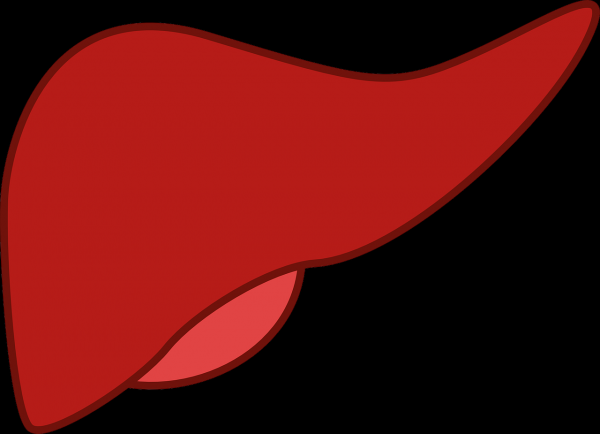
The cost of treating hepatitis C just got more expensive as one of the leading manufacturers of its drugs is thinking of introducing a brand-new product that will be more than $84,000.
Gilead Sciences Incorporated has already expressed its intention to increase the price of its future generation of drugs for hepatitis C despite the backlash it's been receiving because of its costliness.
This brand-new all-oral drug, which will be officially launched by October, may already be around $95,000, which is also the current price paid from combining Sovaldi, one of the biggest-selling drugs in the market, with other two older medications, namely, interferon and ribavirin. Other critics and pundits, meanwhile, pegged the price at $100,000.
Policy makers, however, are expressing their concern over the pending high price of the new drug since it pushes the total health care costs to several millions more. They appeal to the company to provide a more sustainable and affordable price. In the United States, more than 3 million have chronic hepatitis C, a contagious disease caused by a virus that affects the liver.
Nevertheless, Gilead defends the costs by expressing its potential savings. With the new drug, the length of treatment will be shortened to only 8 weeks. Moreover, it will have a higher effectiveness rate. Based on the studies conducted, more than 95% of the patients were cured by the new drug, several percentage points higher than the current combination.
In another related news published in Wall Street Journal and Business Standard, the company is set to be finalizing deals with some Indian companies that will be allowed to manufacture and sell generic and therefore low-cost versions of their hepatitis C drugs, namely, ledipasvir and sofosbuvir, across over 50 countries. These firms include Mylan, Cipla, Arcolab, and Hetero.
This deal is said to be a win-win for all participants. These generic pharma companies will have access to a very large market and take advantage of active patent rights, including a potential transfer of technology. Meanwhile, Gilead can tap markets where they are getting some opposition like India. If the deal comes through, these drugs may be available for only $1,000 per day.



